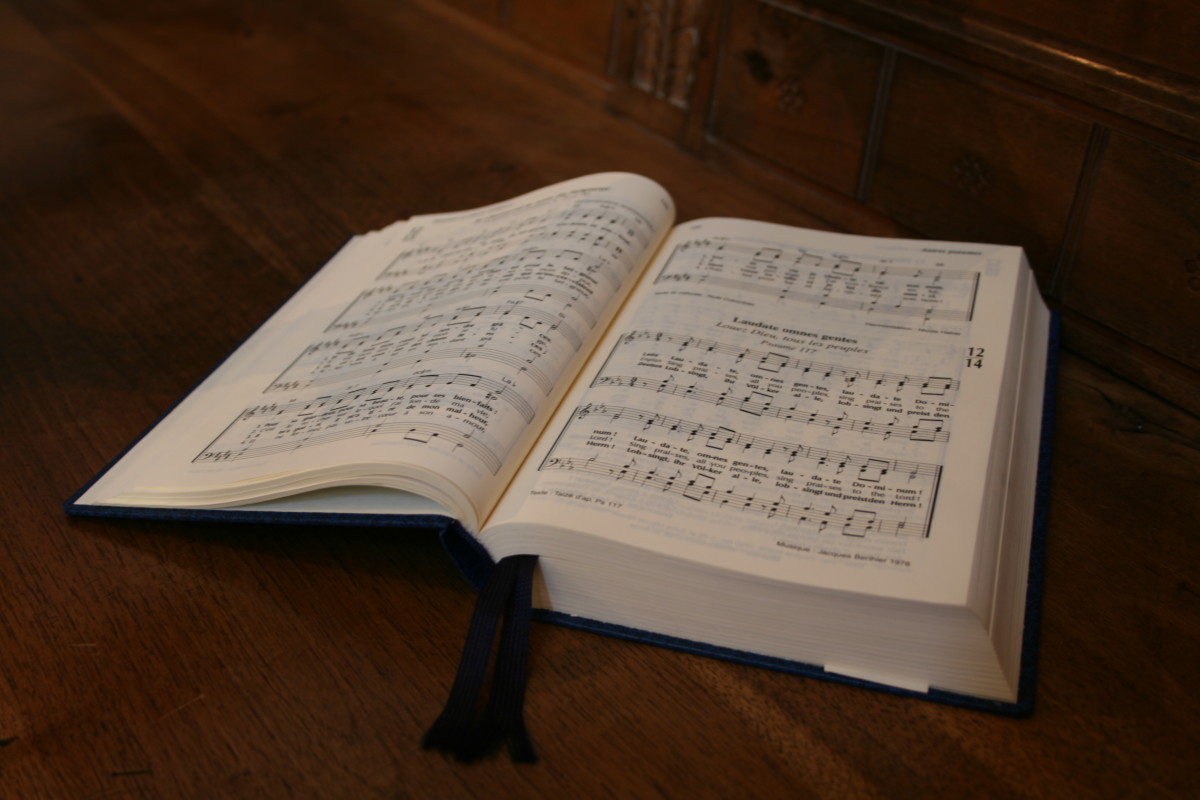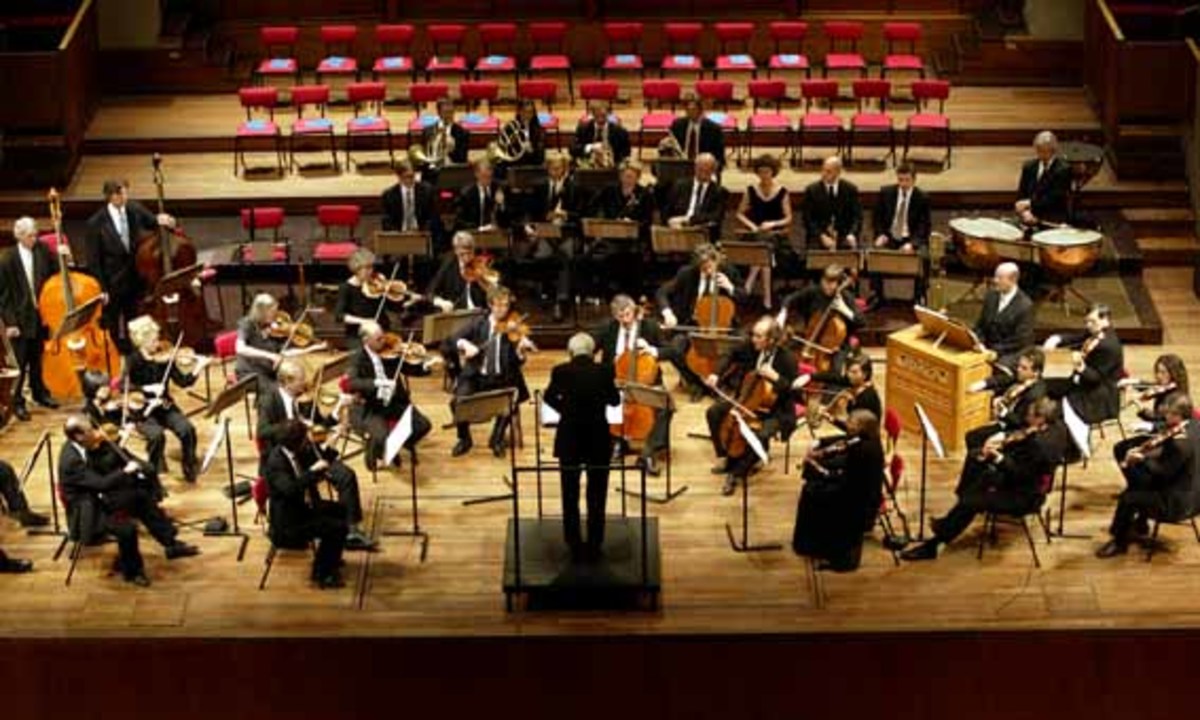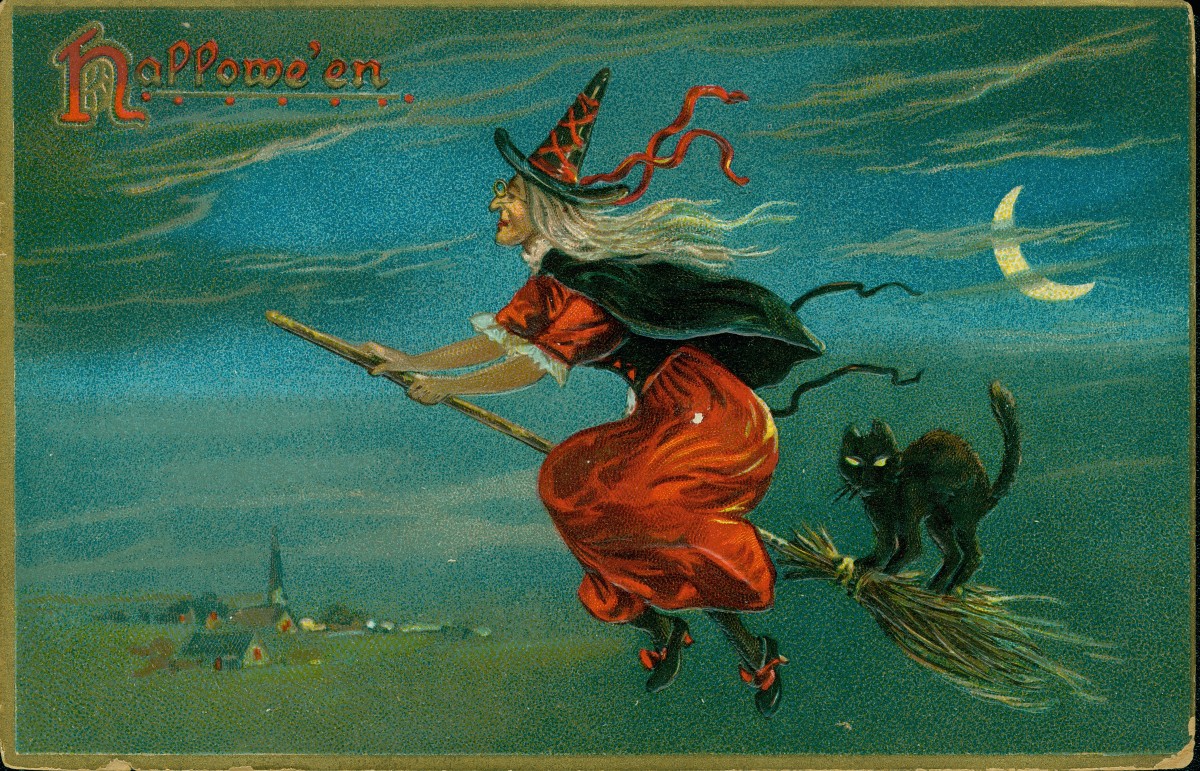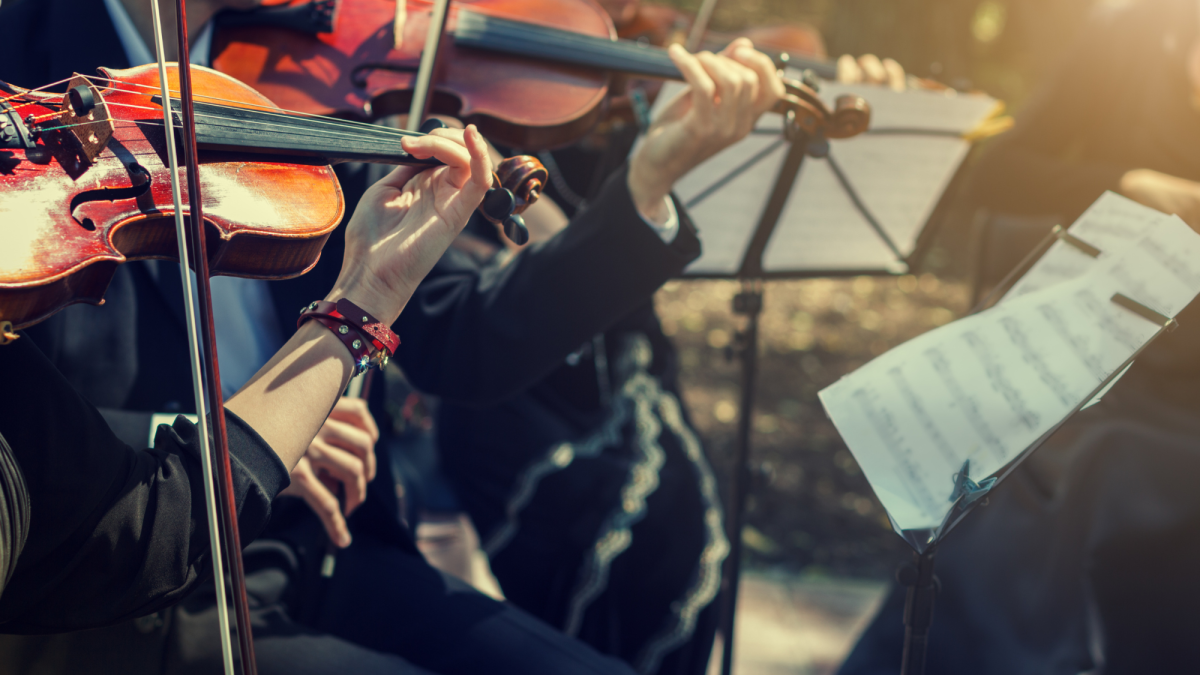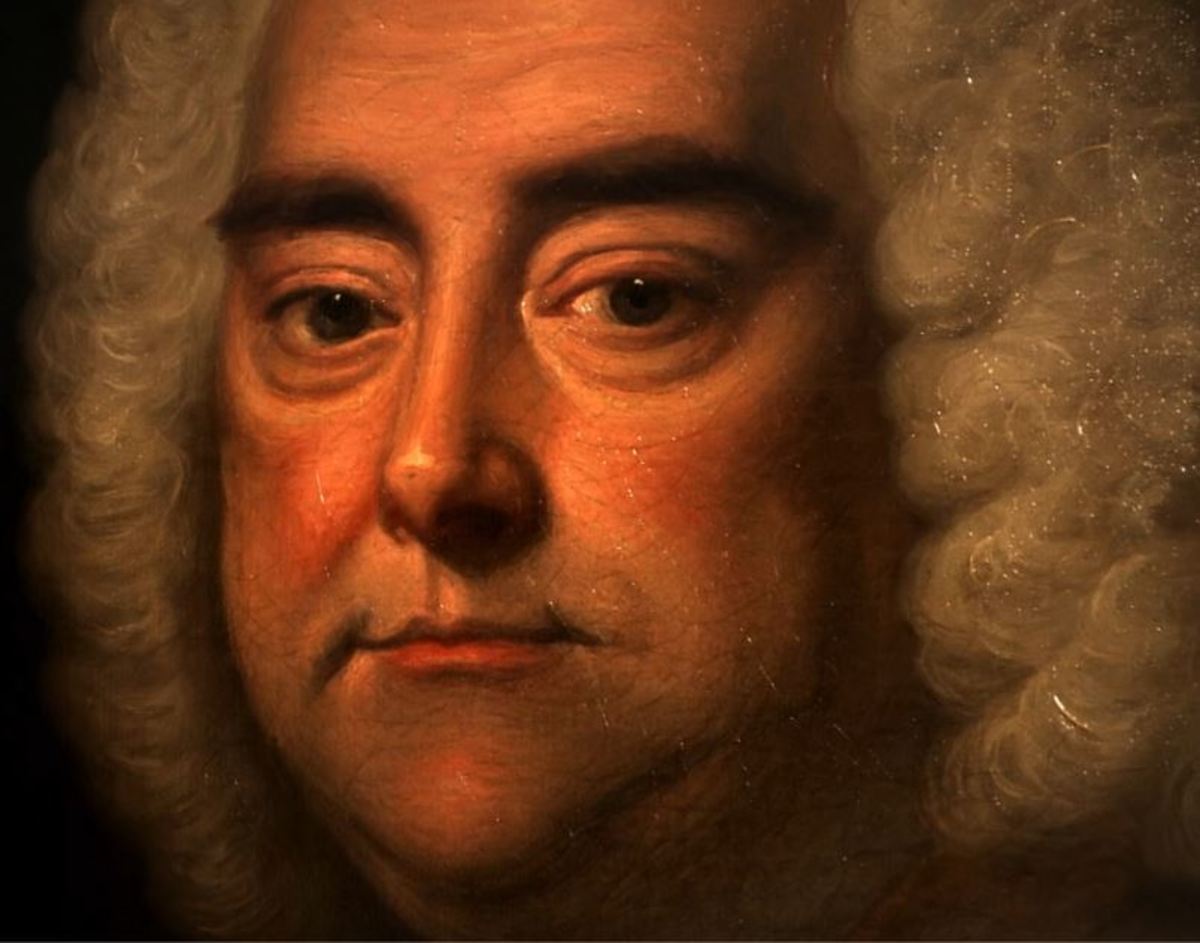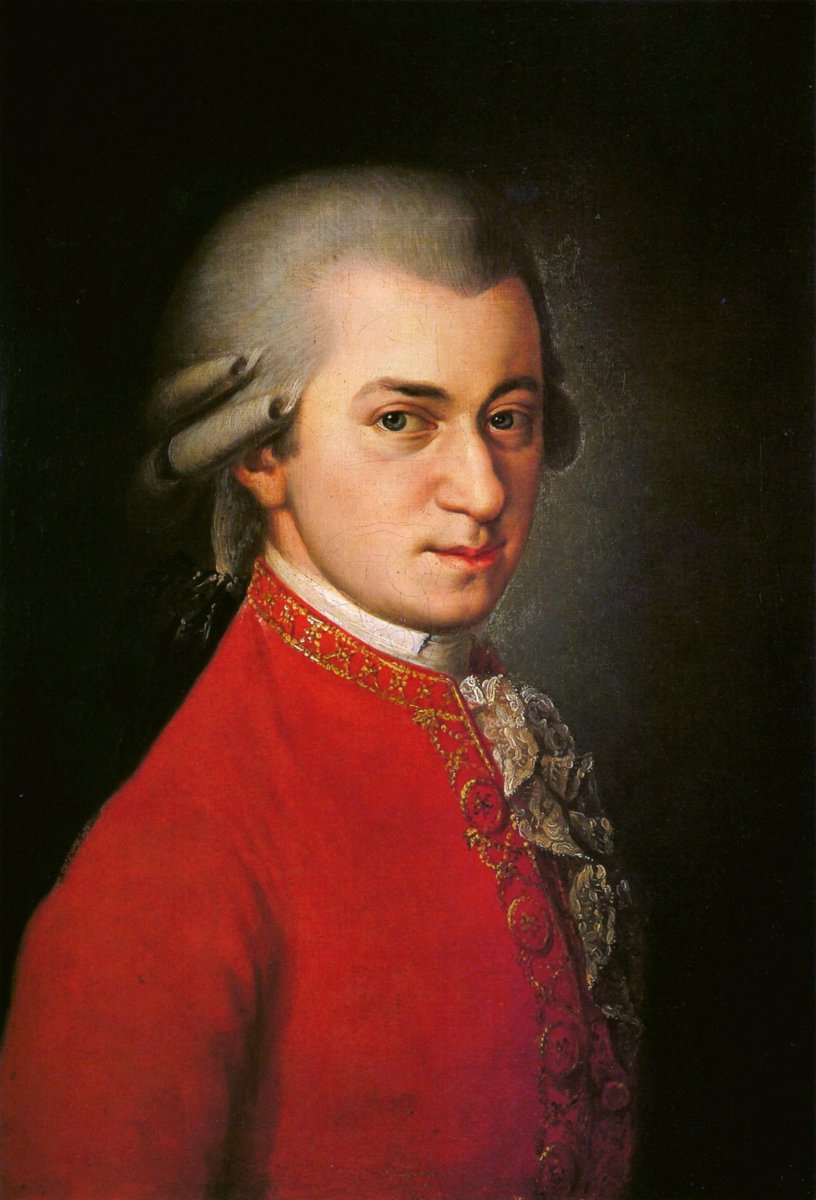Tchaikovsky: Symphony No. 4 Op. 36 – The Story Behind The Music
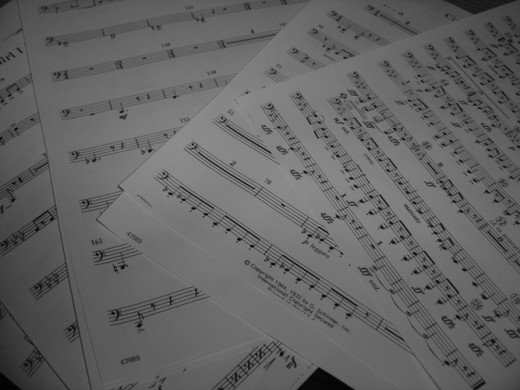
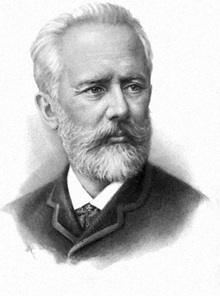
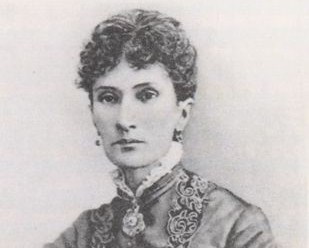
Pyotr Ilyich Tchaikovsky's Symphony No. 4 in F minor, Op. 36 is dedicated to Nadezhda von Meck
Symphony No. 4 in F minor, Op. 36, written between 1877 and 1878 by Pyotr Ilyich Tchaikovsky contains an engrossing story told in four movements. Tchaikovsky dedicated this symphony to his patroness, Nadezhda von Meck.
It is important to know that in Russian society the artist and the patron/patroness of the artist were considered to be equals. Therefor proving gratefulness was not Tchaikovsky’s intention when he dedicated this symphony to Nadezhda von Meck; the dedication was simply the confirmation of their artistic partnership. On the title page of the score of Tchaikovsky Symphony No 4 Op 36 is the inscription: "Dedicated to my best friend".
Tchaikovsky‘s words in a letter to Nadezhda von Meck: “… you will find this to be an echo of your most intimate thoughts and emotions.”
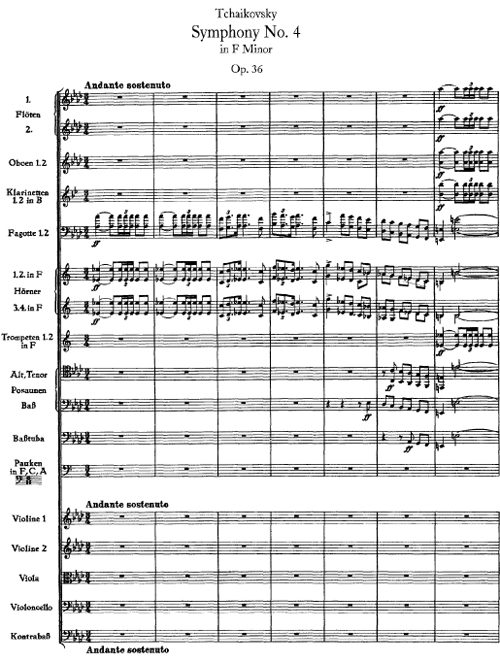
Tchaikovsky's crises and trauma
We must keep in mind that music composed at that time by all composers was dramatic, emotional and autobiographical. Despite Tchaikovsky's successes he had to cope with many personal crises and trauma. Depression, unsuccessful marriages, homosexuality and the death of his mother were some of the feeders of his melancholy.
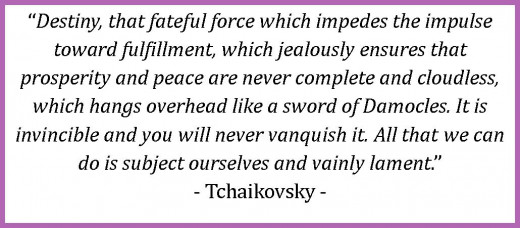
Tchaikovsky provided a detailed programme of the Symphony No 4 Op 36 to his patroness, summarized as followed:
- The First Movement starts with a fanfare that states FATE as the fundamental idea of the entire symphony. Tchaikovsky saw ‘fate’ as the power that prevents people from attaining true happiness. According to him people should merely submit to this power and “lament in vain.” The first movement represents the alteration of hard reality and dreams of happiness. In Tchaikovsky’s own words, “No haven exists…. (people just) drift upon that sea (of hard reality and dreams of happiness) until it engulfs and submerges them in its depths.”
- The Second Movement expresses melancholy – that sad feeling which sometimes overpowers us at sunset, when we long for people and things we don’t even know. Our mind normally provides sad memories and regrets and we mourn what could/should have been.
- The Third Movement expresses the feeling of tranquility, when nothing matters anymore. We are neither sad nor cheerful. Our mind just wandered; our imagination provides scenes stored in our subconscious minds.
- The Fourth Movement represents joy. In Tchaikovsky’s own words, “… if within yourself you find no reasons for joy, then look at others.” But before we can experience pure joy, Fate reminds us of reality. (Here we must again remember that Tchaikovsky’s reality was miserable.) But then, in spite of miserable reality, we look at others who are enjoying life and we realize that it is actually not that difficult to be happy. In Tchaikovsky’s own words, “…Joy is simple, but powerful. Rejoice in the rejoicing of others. To live is still possible.”
- The Finale of the symphony employs the Russian folk-song ‘Во поле береза стояла’. (In the Field a Birch Tree Stood.)
Reviews
Unfortunately the symphony was initially harshly criticized. The composer, pianist, music teacher and theorist, Sergei Ivanovich Taneyev, considered it to be: “...excellent in parts but less impressive overall.” He also considered the first movement overlong. In 1890 the New York Post considered it to be “…. the most thoroughly Russian (semi-barbaric) composition ever heard.” And in German a reviewer wrote, “…. The composer’s twaddle disturbed my mood…”
NB: Today the symphony is regarded as one of Tchaikovsky's bests.
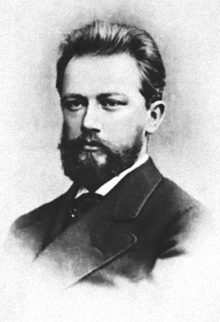
Tchaikovsky's own opinion:
Tchaikovsky stressed in letters to his patroness:
- "…. I can say with confidence that this is my best composition. I am very pleased with this symphony—it’s undoubtedly the best that I’ve written, but it's not come without hard work, particularly the first movement"
- “None of my previous orchestral works ever cost me such labor, yet I have never felt such a love for one of my own pieces.”
- “Perhaps I am mistaken, but I think that this symphony is something out of the ordinary, and that it is the best thing I have done so far.”
- “Now I can wholly devote myself to work in the knowledge that I am bringing forth something which, in my opinion, shall not be forgotten..."
- “…. it seems to me that these (first) three movements represent the crowning glory of all my musical achievements"
- Ten years later Tchaikovsky wrote, "… it turns out that not only have I not cooled towards it, as I have cooled towards the greater part of my compositions, but on the contrary, I am filled with warm and sympathetic feelings towards it. I don’t know what the future may bring, but presently it seems to me that this is my best symphonic work".


DEDICATION
I dedicate this hub to -
- My dear Russian friend kallini2010 aka Svetlana Ivanova and
- My dear brother (in Cyberspace) Vincent Moore aka Ken M Snowdon
An interesting comment by kallini2010:
"...the word FATE and the word life (as in life story) is the same in Russian. There is no distinction between what should or could have been and what was and the word is "Soud'ba". It does not make us more fatalistic than the others yet maybe it only shows the awareness of the fact that life follows only one path - the path of reality."

© Martie Coetser
Copyright :: All Rights Reserved
Registered :: 2013-01-03 05:00
Title :: Tchaikovsky: Symphony No. 4 Op. 36 – The Story Behind The Music
Category :: Article Hub
Fingerprint :: 9e7f5796cbe868be09f66dc088f08e51b681a5892d2ae38b07679fdcd2f37b6f
MCN :: CY385-J1GSP-0D553
More hubs about Peter Tchaikovsky
- The Best of Tchaikovsky Composure's
Petr ll'ich Tchaikovsky, Died at age 53 , was considered a national Treasure in Russia, and is recognized even today as a world figure. Music Critics praised Tchaikovsky as " a modern music Lord." - Idiots from History. Tchaikovsky, Piano Concerto no 1 and Nikolai Rubinstein. Don't disresp
Nikolai Rubenstein is chiefly remembered for his row with Tchaikovsky over the composer's first piano concerto. Read about this fascinating footnote in musical history here. - The story of the glorious, beautiful ballet Swan Lake, by Peter Tchaikovsky. Russian Ballet at it&am
The story of Swan Lake is the most popular of the ballets of Peter Tchaikovsky. The sad story of Prince Siegfried, and his doomed love for the beautiful Odette is told here.
One of my favorite Tchaikovsky's
Recommended Hubs
- Traditional Music - South Africa
To root the traditional music of Africa and in particularly of South Africa in ancient times, this presentation starts with the traditional rhythm and sound of the Celts and the Goths... - How to use music to reduce or stress levels:listening to relieve tension
An article on how music can relieve stress and some stress busting music tracks.



